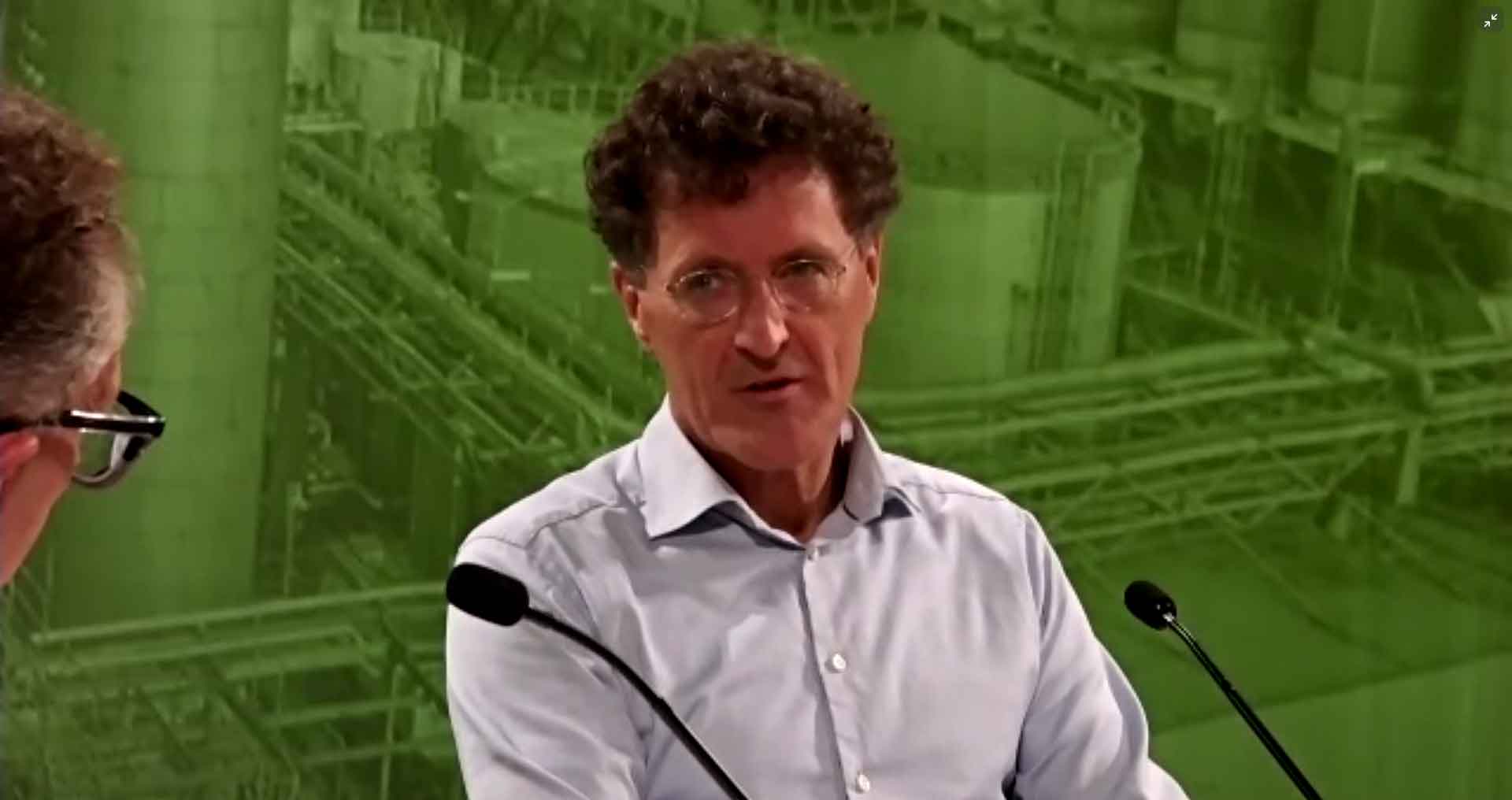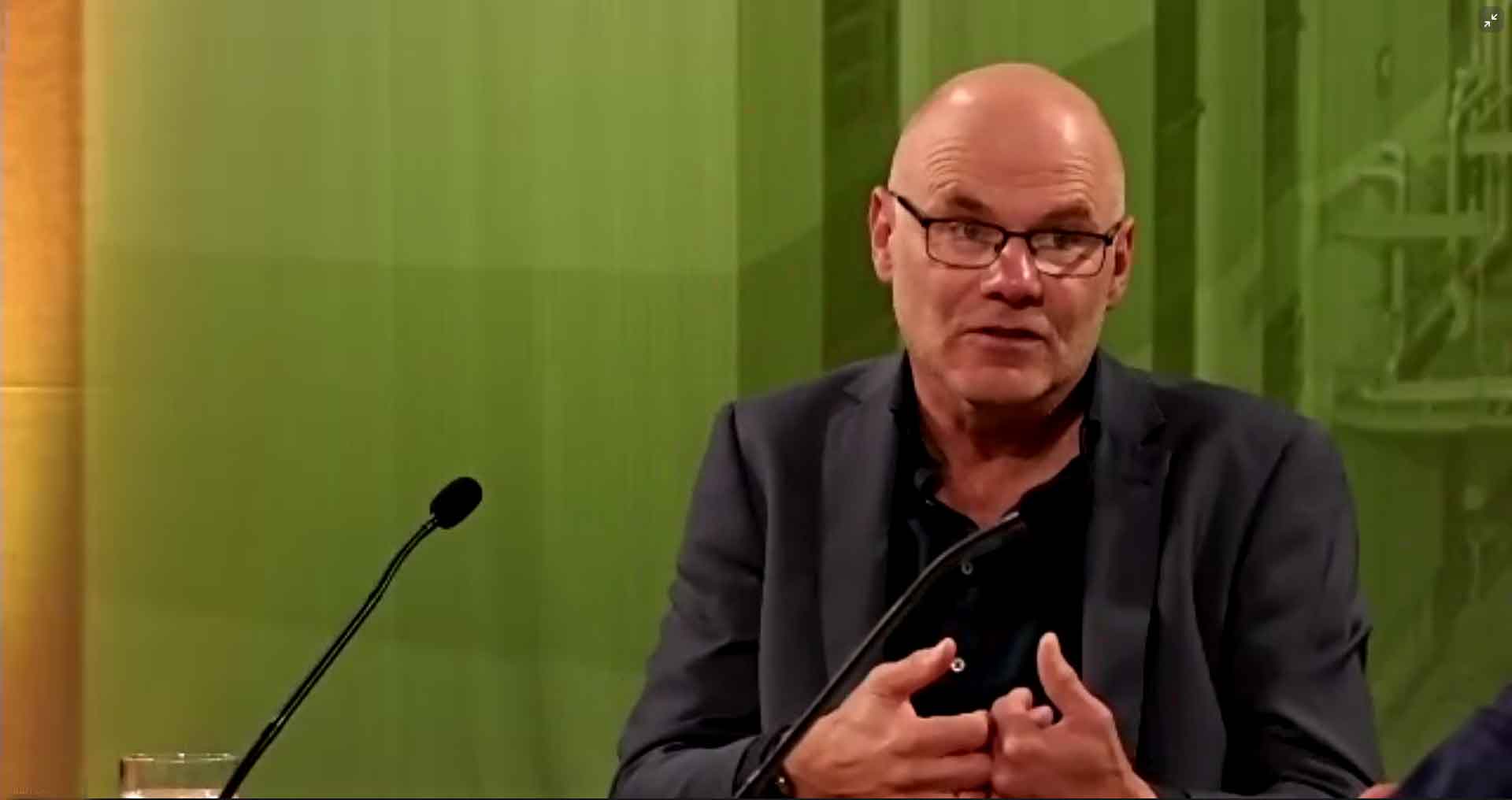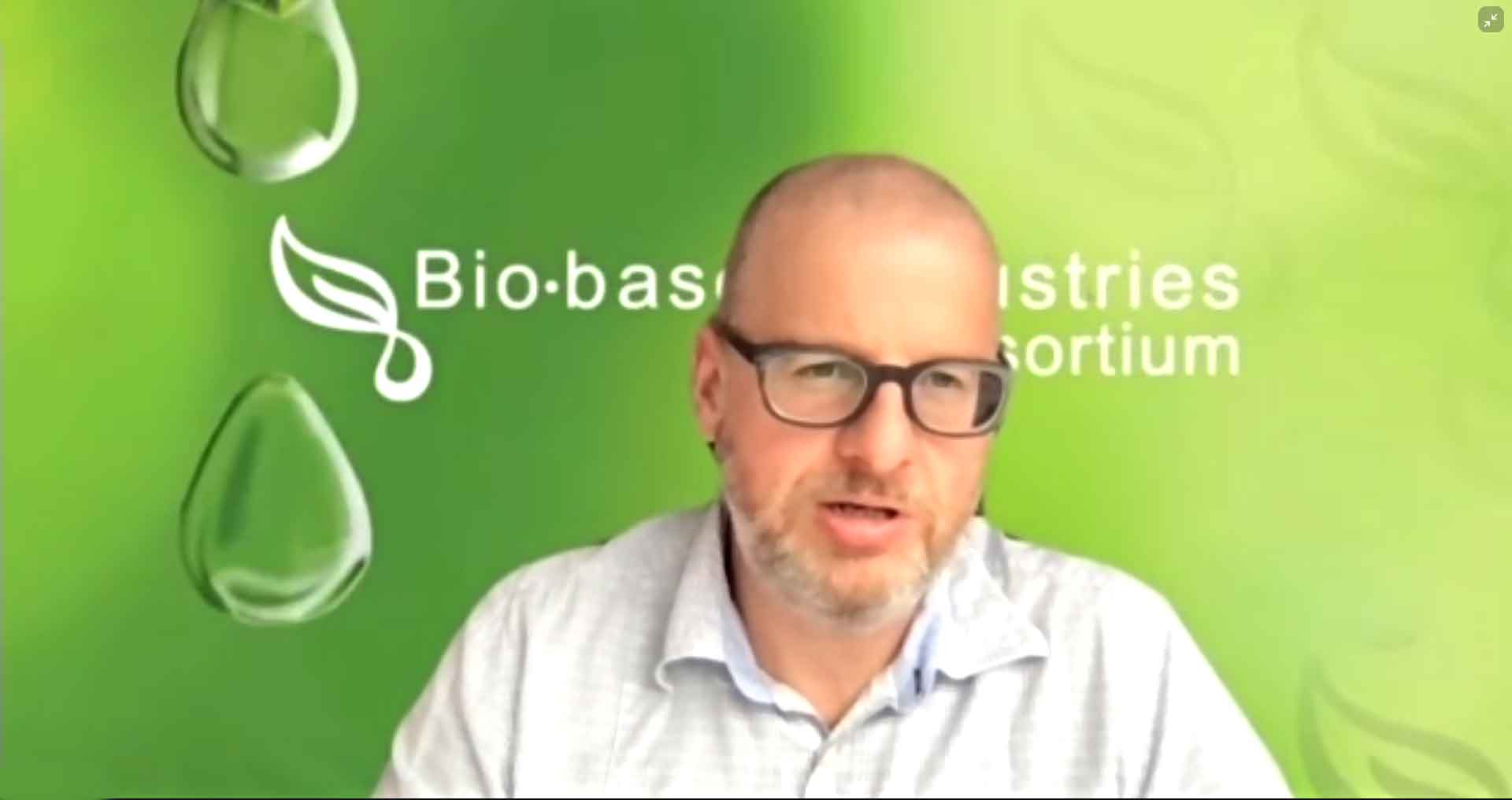As a result, many entrepreneurs are facing the infamous ‘valley of death’: they must decide whether to invest heavily to scale up their innovations to commercial level, or bury them forever. This ‘dangerous’ step was the subject of the first Chemport Connect Live of the season, Chemport Europe’s online talk show on 12 October. Hosted by Jaap Jepma, director of the Noordtij communications agency, Errit Bekkering (NOM, Chemport Europe), Cor Kamminga (Ecoras), Joost Pacques (Pacques Biomaterials) and Marco Rüpp (Bio-based Industries Consortium, BIC) talked about scaling up, financing and the role that the ecosystem can play.
Commercial plant
Pacques Biomaterials is about to scale up technology for the production of PHBV (a biodegradable biopolymer, ed.) and enter the market. Joost Pacques: “In early 2022 we will start building a demo plant. A year later we will proceed with a commercial-scale plant. These are crucial steps that require major investments. As an entrepreneur, I want to move fast. But it’s not just about our company and our region. We also need to get the public on board. If we open our business tomorrow, we can make PHBV the day after tomorrow. But if there is no buyer, it will not help us.”
“In our experience, no country or company in the biobased economy can work completely alone,” Marco Rüpp responds. “Complete supply chains are required, from suppliers and financiers to knowledge institutions, brand owners and governments. Partnering is therefore central to BIC’s approach. We bring these parties into contact with each other all over Europe.”
Layered approach
Cor Kamminga confirms the importance of forming such networks. “Chemport Europe’s Chemical cluster Emmen is therefore a member of BIC and ensures that Emmen is represented in all BIC meetings. This connection is important to us and we should strengthen it further, because it gives us a direct link to what is happening in Brussels.”
According to Errit Bekkering, this cooperation is an essential part of the biobased economy: “We approach individual projects with a layered approach: at regional level the plan is forged to build a factory, nationally you have to deal with chain partners and at European level we have to deal with legislation and subsidies that stimulate innovations. And not unimportantly: the deployment of BIC can ensure a level playing field. Doing business in the biobased economy means playing on multiple chessboards at once.”
Speeding up
If it has to happen, then now. The chemical industry is facing a turning point in its efforts to move away from fossil raw materials. “We have to take the first steps now and then speed things up,” says Kamminga. “It is important that we can show that factories are actually being built to make plastic from biobased and recycled raw materials, or CO2. Because plastic consumption is still rising, worldwide.”
“From the ecosystem, we also see actual movement,” says Bekkering. “New parties entering the game with new technology and scaling it up. It is not yet happening on the scale of the fossil industry, but it is happening. And major transitions often start small.”
Rüpp: “In BIC, we have a platform for different partners, but the implementation should always be on a national or regional scale. Chemport Europe offers impressive opportunities and R&D facilities in the field of green chemistry. But in other countries, such as Poland and Romania, there are also great opportunities for biomass production. There are potential partners there, too. And if Paques wants to replicate its business model across Europe, we as BIC have solutions for that. We already have a database where policies and regulations can be consulted at regional level. We are now also compiling a database of funding opportunities at the regional level, including contact information.”
Sharing risks
While it is not healthy to build a business on subsidies, accelerating innovations without them still proves difficult and almost impossible. “Subsidies are part of the package for the coming years,” states Bekkering. “There is not yet a level playing field, which means that scaling up involves considerable risks that financial parties are not willing to bear on their own. Governments will also have to support these developments. Financing is therefore often carried by consortia. You share the risk and you can combine funds. In the Netherlands, for example, we have Invest-NL, a national fund that offers customised investments. It’s not ideal, but it’s a puzzle we have to put together.”
A recording of the first edition of Chemport Connect Live can be viewed on YouTube.
The next Chemport Connect Live will be on 24 November and will deal with the future of chemical polyester recycling, with Marco Brons (CuRe Technologies), Stephen Short (PETCore Europe) and Henk Pool (European Chemical Industry Council), among others.







